Bernell King, owner of the concierge travel agency World Awaits Cultural Tours, defines meaningful travel as exploration that’s relational, not transactional. “Typically, tourism, travel and trips are transactional,” she said. “They’re logistical. We book a flight, we book our hotel, we book some tours, some experiences. They’re transactions.”
When the travel experience goes further, so that you’re engaging with local people and immersing yourself in the local culture, she explained, that’s relational. It’s what she arranges for travelers, including one middle-aged, experienced traveler she helped plan a trip to Cartagena, Colombia for last year.
“She did not want to do one touristic thing,” King said. “She didn't want to go to the UNESCO World Heritage sites. She didn't want to go to the pristine Rosario Islands that everybody goes to. She said, ‘I don't even want to start my day until 1 p.m.’ She just wanted to engage with the local culture and people.”
So, King designed an itinerary that was meaningful and intentional, made up of food experiences and evening cultural activities. “Cartagena has a lot of free cultural programming that’s very rich and high-level,” King explained. “Every day, she went to a different cultural program, including dance and performing arts. There were no tourists there, only the local people because tourists don’t readily look for these things or know they exist.”
One of the performances, in one of the city’s marginalized neighborhoods, was by a nonprofit dance foundation that works with children and teens. “Their whole message is around social justice and understanding and appreciating their identity as Afro-Colombians and as women,” King said. The traveler was so impressed that she invited the dance company to the United States for an international dance project, and they’ve been working closely with King to plan it for a year. Now that’s meaningful travel, King added.
Mapping Out Meaningful Travel
Meaningful travel can also mean finding smaller, local tour operators and travel companies and supporting businesses that put money into the communities that travelers visit. One way to find sustainable, community-led enterprises, products, services, accommodations and tours is through Tourism Cares’ Meaningful Travel Map.
The interactive global map displays travel experiences that are vetted to ensure they deliver authentic, impact-driven experiences that are visitor-ready. These include activities such as bookable recreational experiences that prioritize accessibility and inclusion, gift items that benefit victims of human trafficking and restaurants that not only train at-risk youth but also offer excellent local cuisine.
Some of the diverse destinations and activities on the map include:
- The Tacugama Chimpanzee Sanctuary in Sierra Leone
- Fernweh Fair Travel, a women-led and -run, award-winning, internationally recognized youth and women empowerment project offering guided tours that integrate nature-based adventures and spiritual retreats with indigenous cultural activities in the Indian Himalayas
- Live Like a Local tours of Boston, which take guests into the city’s neighborhoods to experience food from different cultures
- Tromsø Accessible Tours AS, an organization that develops adventure tourism and extreme sport itineraries in the Arctic region of Norway
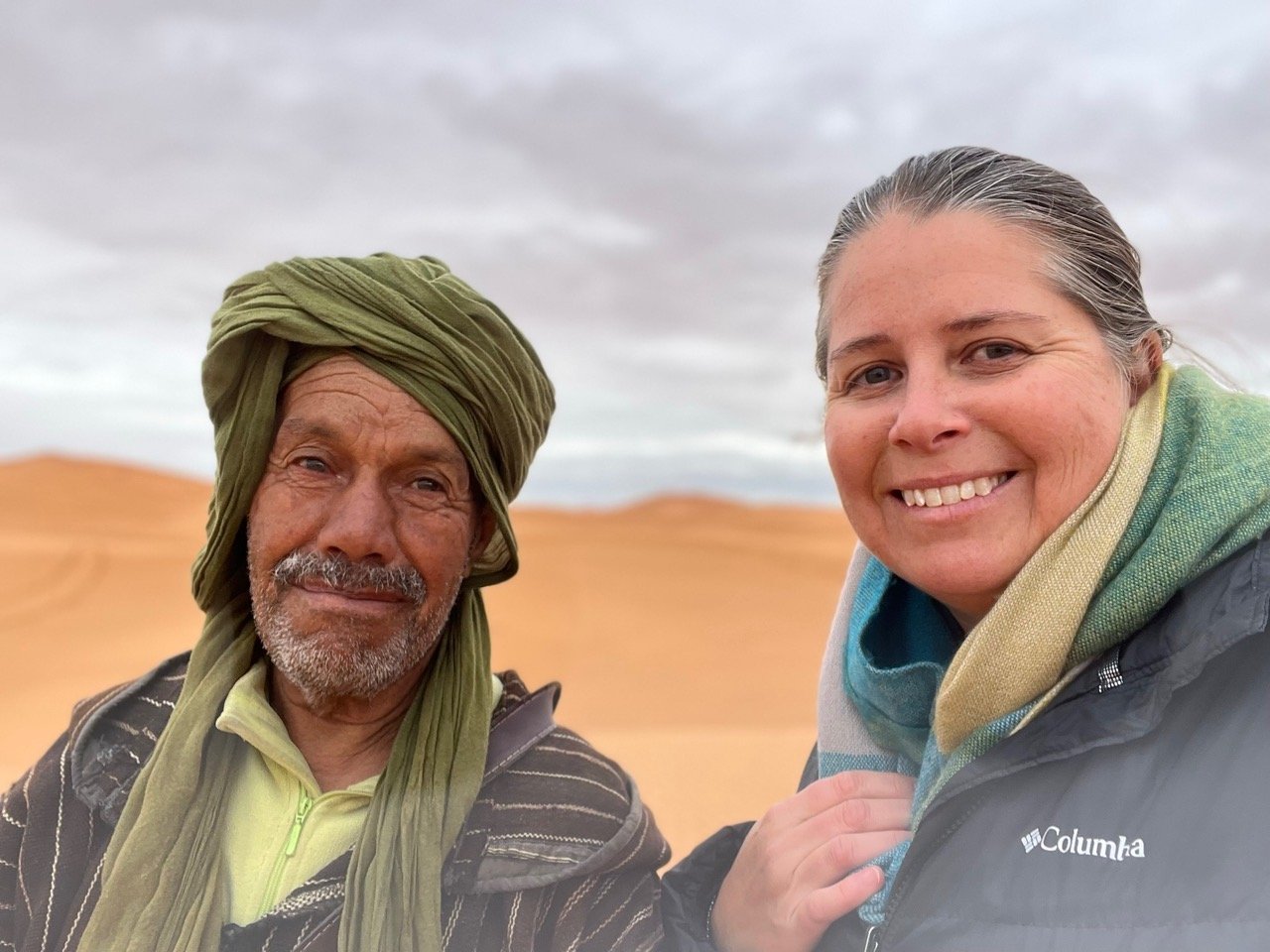
Signing Up for Local Insights
Veteran travel advisor Tracey Ford is launching a platform called Local Insights to connect visitors with locals for authentic personal encounters that support marginalized and in need communities. As part of the program, she specifically targets individuals from overlooked communities to serve as the Locals.
“The idea is that the locals can tell their story in their own words, whatever that story is,” Ford said. “So, if you are a local family and have kids, you play in the local park, and your kids play in a soccer team, your profile will include that story: ‘We’re a family. We’ve lived here for three generations, and our kids play soccer. Meet us at the park for a playdate with your family.’”
Perhaps the local will be someone who worked at a shipyard, and an inbound tourist wants to learn more about Navy ships and Naval history, she said. Or, maybe they’d like to meet someone from a local tribe and learn more about Indigenous culture.
She also hopes to work with military spouses as trained locals. “Maybe a spouse is a retired architecture professor and would love to show travelers the architecture of this little shipyard town as it’s grown in the last 150 years,” she said.
Ford said tourists coming into a city with her service — Seattle, to start — will view the profiles of locals trained in storytelling, arrange a meeting and pay for the service. “It may be sitting and having a cup of coffee and taking a walk in the park. Or maybe spending time in nature and watching a beautiful sunset over the water. We’re not taking them on a tour to see monuments or historical markers unless that local has a connection to that. The local drives what the encounter looks like.”
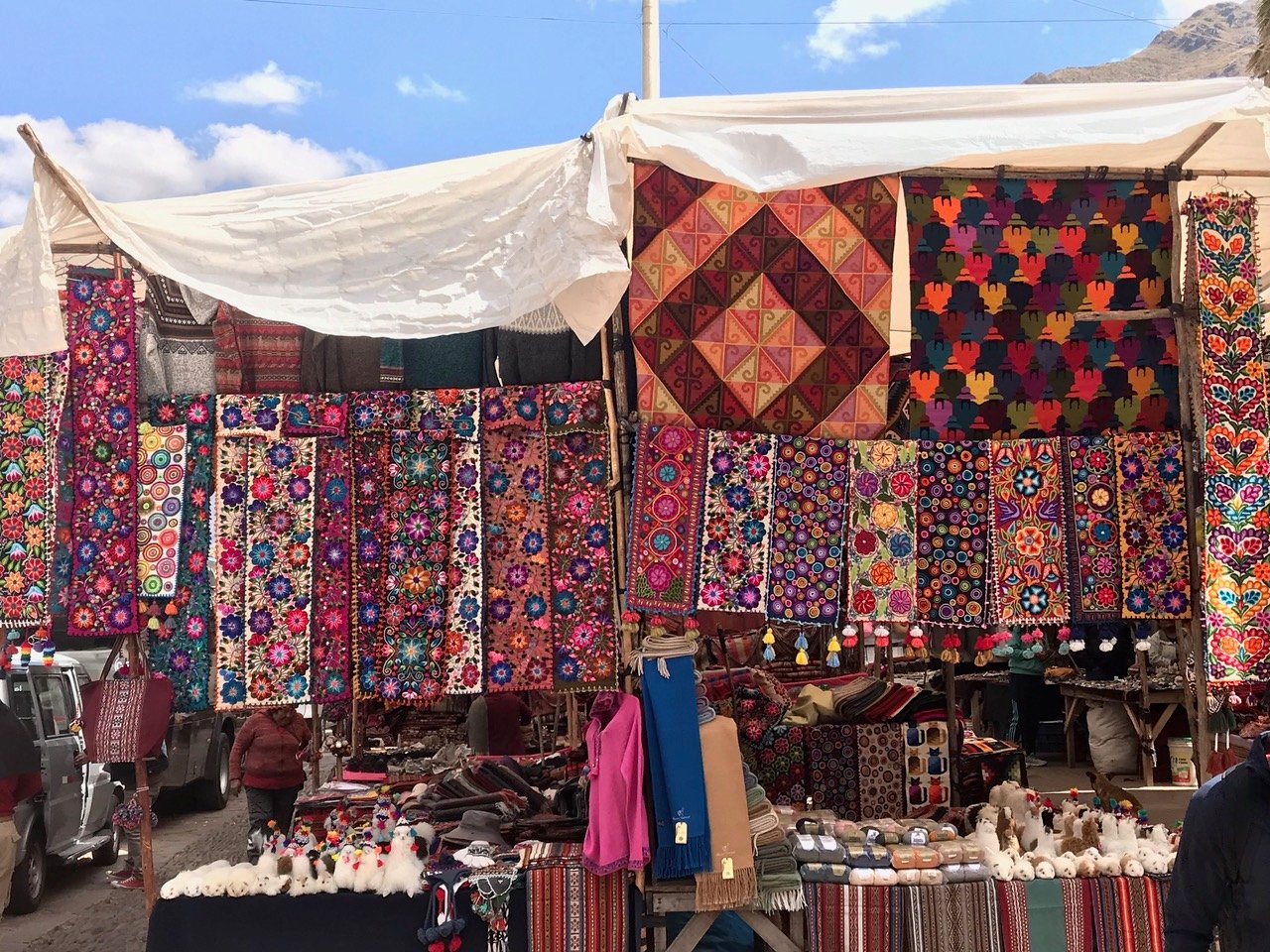
Travel for Change
Heather Lane Chauny, founder and owner of Heather Lane Adventures, creates what she calls “customized travel for authentic experiences.”
“I got into this industry because I wanted to not necessarily disrupt but be part of a change and have tourism be a source of good on the planet,” she said. “To use travel and tourism to connect people, to learn from each other and to create mutual understanding.”
She thinks of meaningful travel as being additive rather than extractive.
“I see there being three different pillars,” she said. “One is visiting local places, contributing to local economies and interacting with locals from those communities as much as possible to really get an authentic experience. Another is ensuring that the travel is not harming the environment or the ecosystem. That’s a little bit hard with travel sometimes, but at least minimizing that harm or that kind of eco-footprint when you visit a place, using sustainable hotels as much as possible and prioritizing farm-to-table cuisine. And then third, sharing that experience with people when you get home.”
“On a more macro level, it’s making sure we’re contributing to the places we’re visiting rather than just taking as much as we can. I mean, we want souvenirs, and those are things that help local economies, especially if they’re produced by local artisans or craftspeople, but it’s about reducing our impact on a place we’re visiting.”
Clients Want Meaningful Travel Experiences
She said that while clients don’t use the terms “responsible tourism” or “meaningful tourism experience,” many do want that.
“I just had a client today who wants to do an ancestral tour to Italy with their matriarch, who’s 88 and whose family comes from there. That’s meaningful travel, too. It’s connecting to a place that has great meaning to you as a family.”
Chauny starts working with a client through a discovery call, when she asks about interests and needs in detail. Like King, she’s arranged trips to places she hasn’t been before by keeping up with self-education, webinars, tour operator events and other professional development.
“I also belong to Virtuoso, which has a sustainability community I’m a part of. It’s a global network of people I can call on if I don’t know a place, and I know the network is vetted and verified by a trusted network,” Chauny said.
She says travel agents need to go that extra mile to ensure the properties they send clients to hire local people and honor local cultures and communities. “We have enough resources at our fingertips to be able to do that extra homework for our clients,” she said.
Chauny thinks this is the direction that travel is headed: “I think, as travel advisors, we have a huge opportunity to make travel a unique and beneficial experience for everybody involved, both the travelers and the host communities.”
Originally appeared in the Spring 2024 issue of The Compass magazine.
About the Author



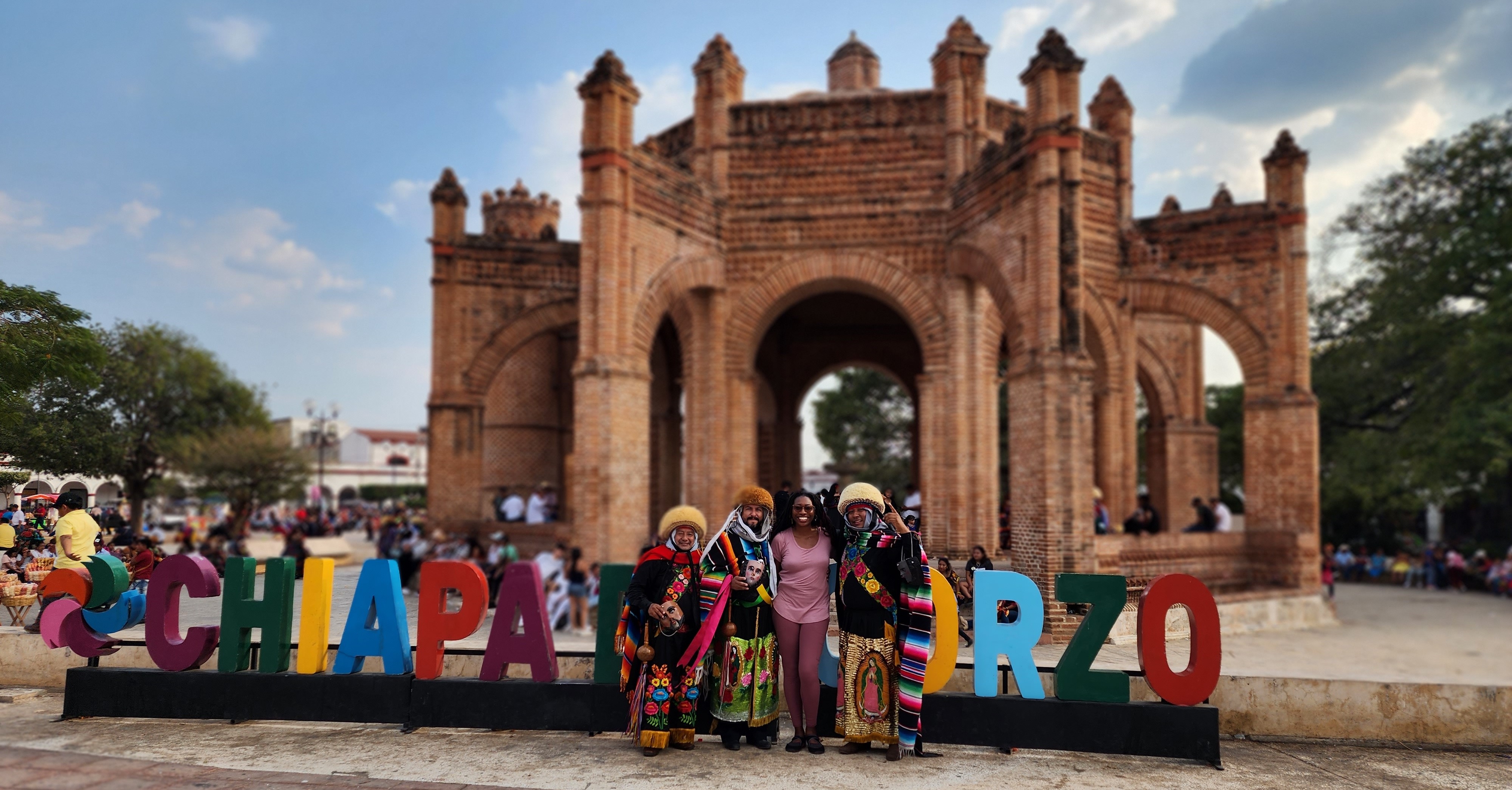
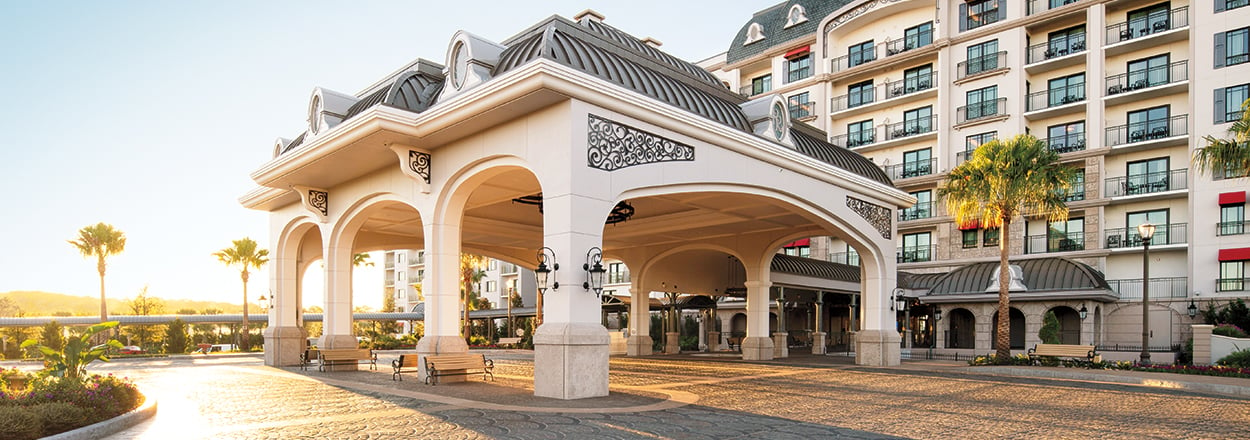
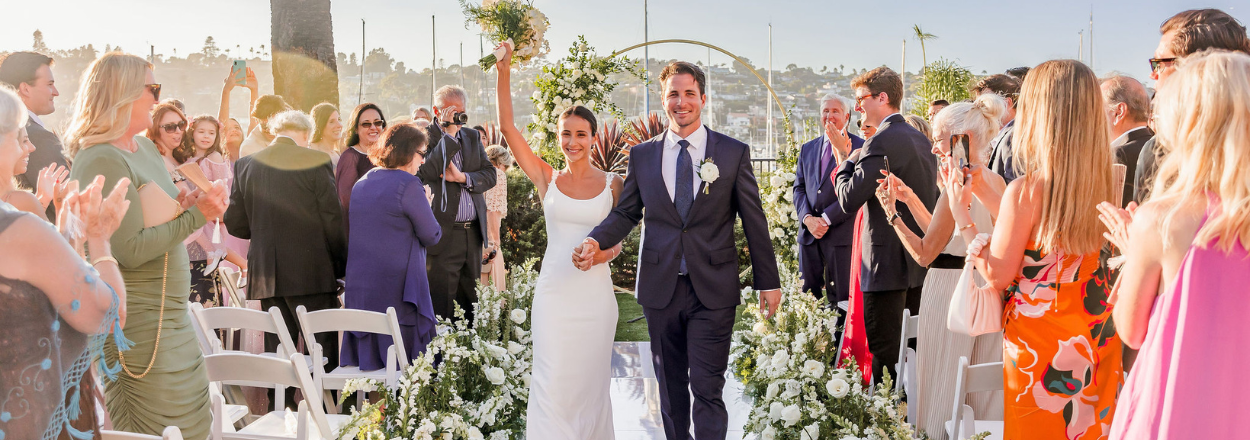
comments